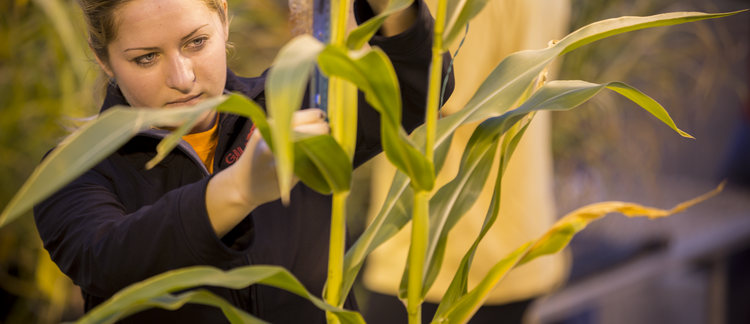Abstract
Biochar is a carbon-rich material that is similar to charcoal. It is produced when biomass is burned in the absence of oxygen, a process otherwise known as pyrolysis. Pyrolysis and the production of biochar are currently being promoted as a means to both produce domestic fuel (biooil) and concurrently producing a co-product that increases crop yield and sequesters carbon in the soil (biochar). While there may be many potential benefits in the application of biochar to agricultural soils, such as enhanced soil fertility and improved soil water status, there are no studies of higher-order ecological and ecosystem effects of biochar and its potential synergistic interactions (either positive or negative) on complex perennial systems. The goal of this field experiment is to determine how biochar and manure addition directly affect ecosystem structure and function in perennial systems, specifically soil nutrients, water, plants, and soil organisms.
Keywords: Ecology Evolution and Organismal Biology
How to Cite:
Biederman, L. A. & Harpole, W. S., (2013) “Biochar and Managed Perennial Ecosystems: Testing for Synergy in Ecosystem Function and Biodiversity”, Iowa State University Research and Demonstration Farms Progress Reports 2012(1).
Downloads:
Download pdf
View PDF

